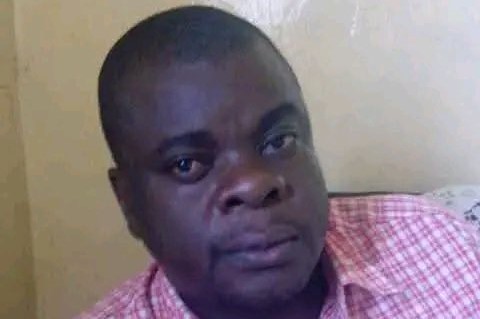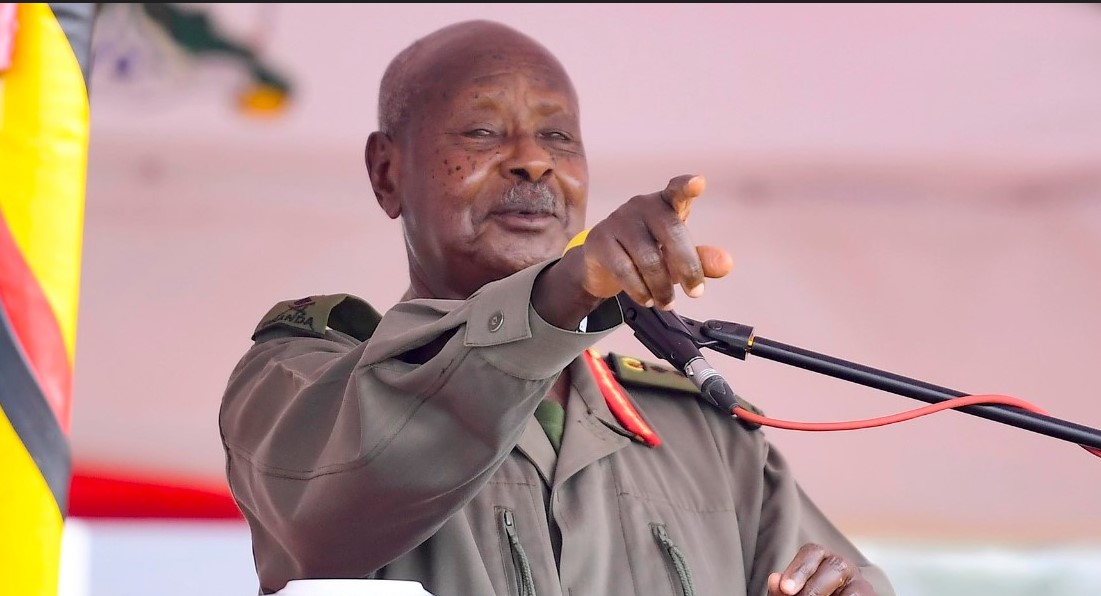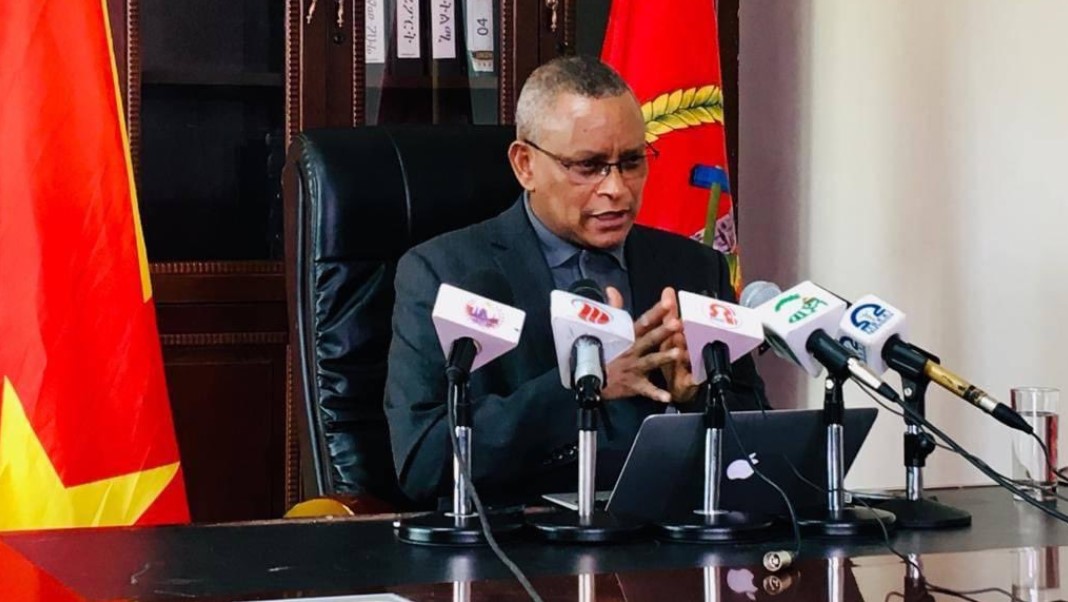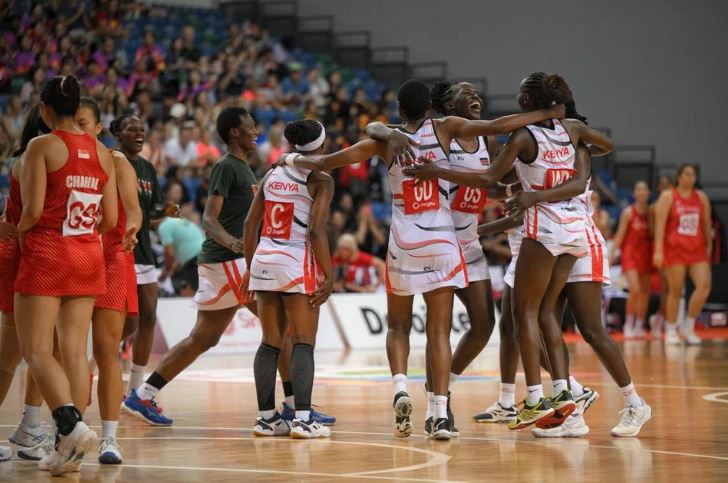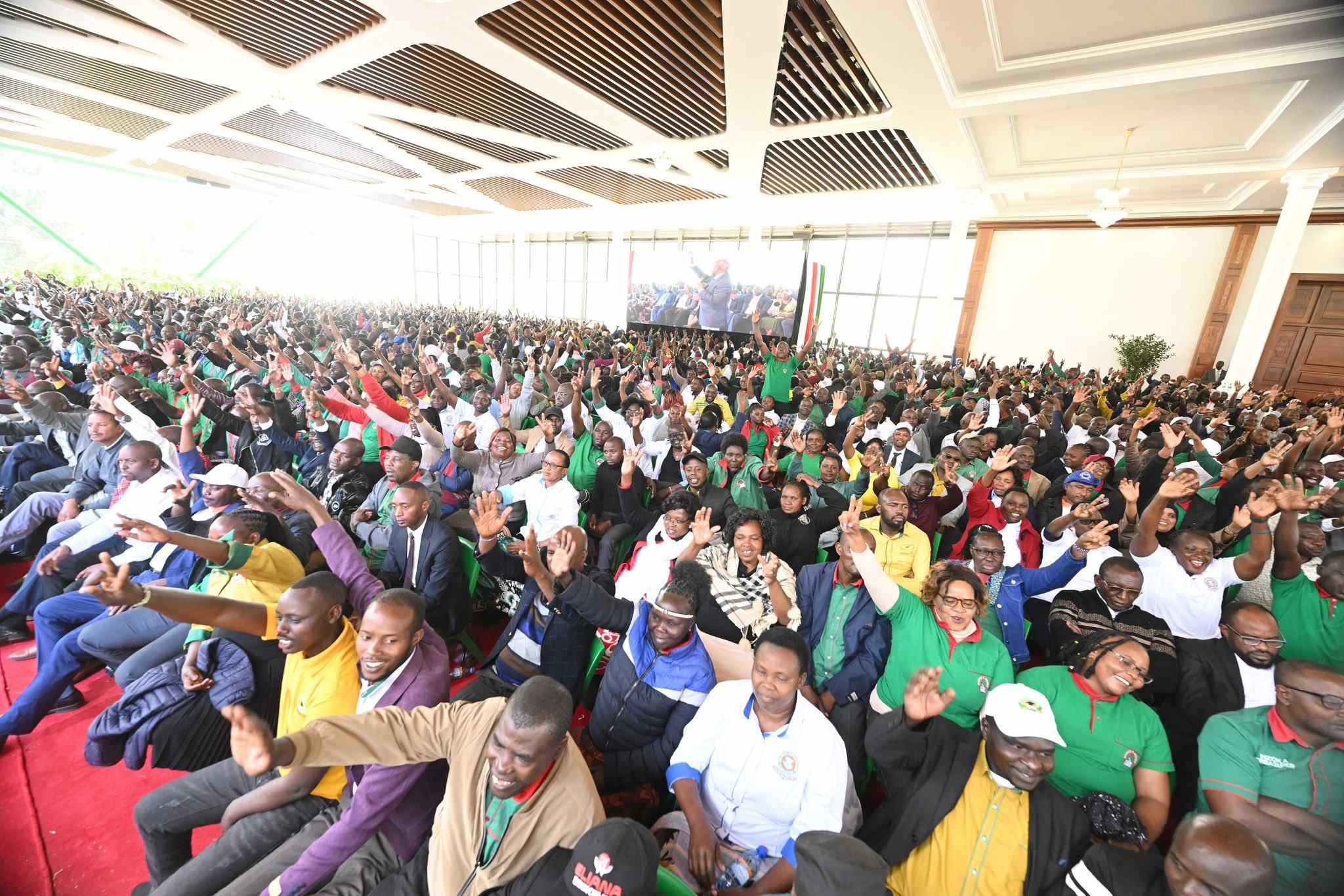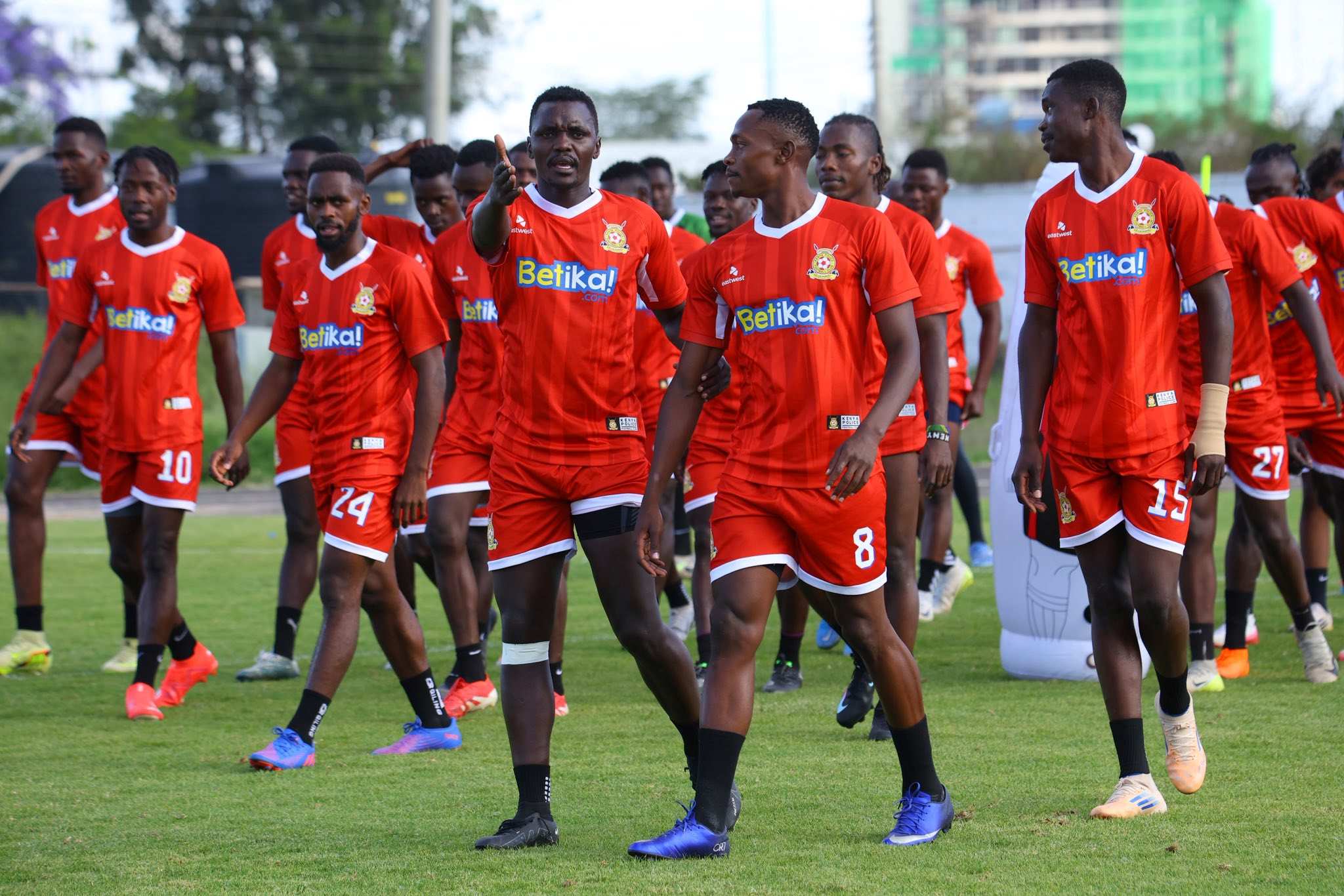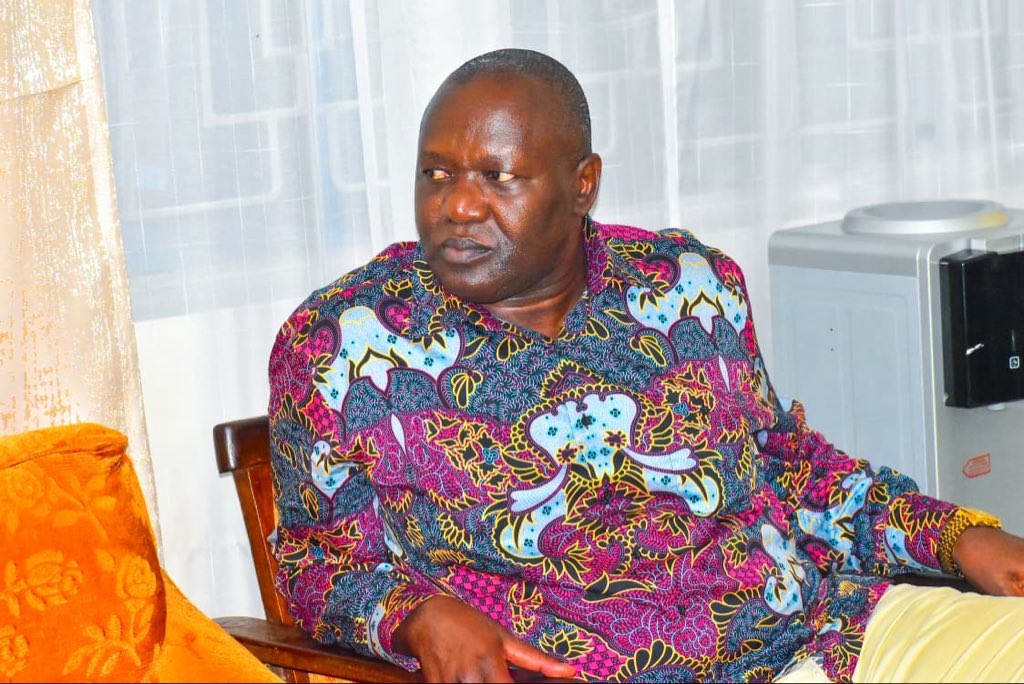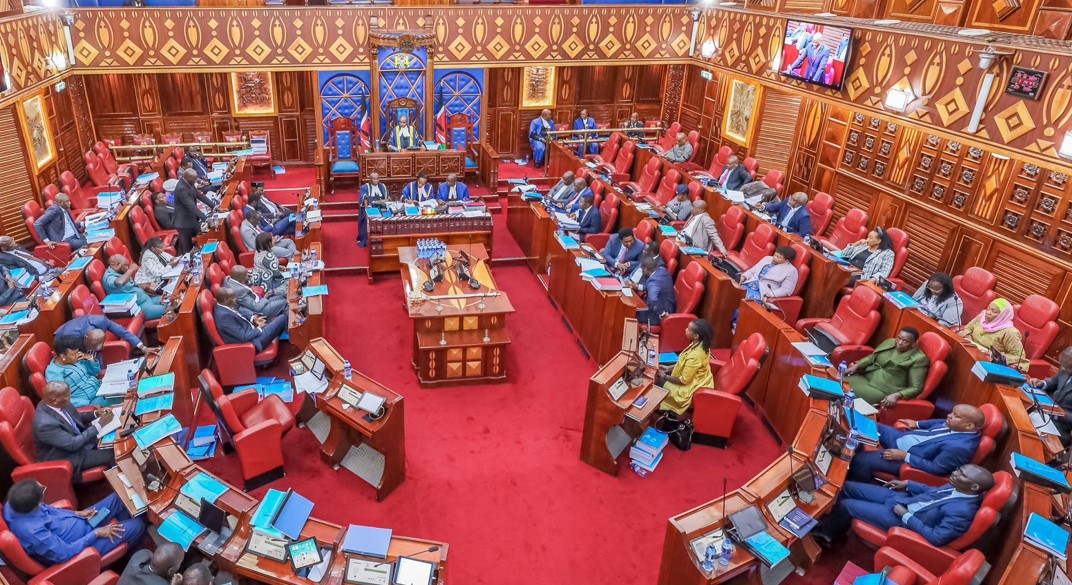Issack Hassan vows to ban unmarked police vehicles if approved as IPOA boss
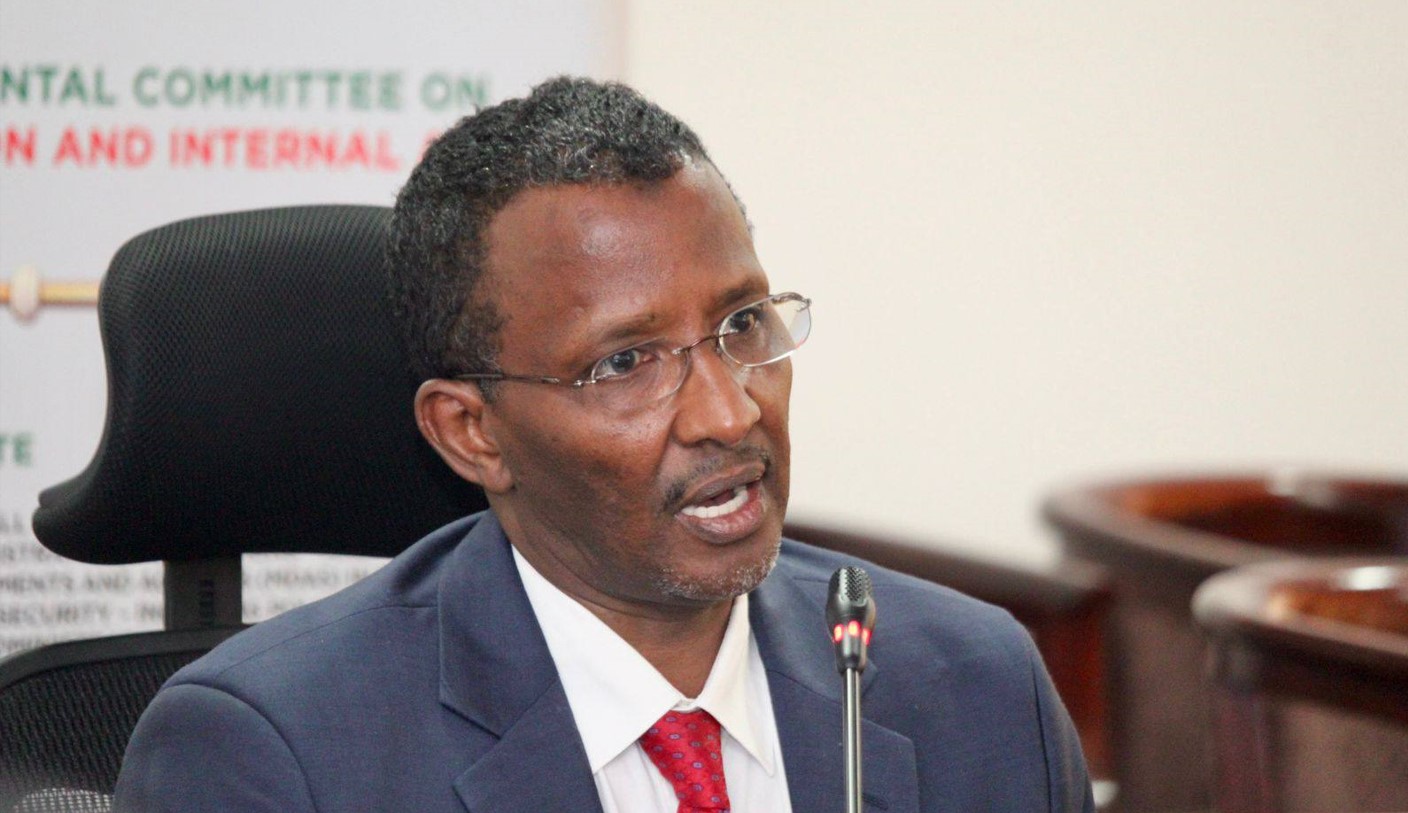
He argued that the vehicles have been misused by officers, leading to instances of abuse and human rights violations that are difficult to track.
Former Independent Electoral and Boundaries Commission (IEBC) chairman Issack Hassan has pledged to introduce comprehensive reforms at the Independent Policing Oversight Authority (IPOA) if confirmed as its chairperson.
Speaking before the National Assembly's Committee on Administration and Internal Security on Friday, Issack outlined a bold plan to overhaul the authority, calling for greater accountability within the police service and advocating for significant changes in how police operations are conducted.
More To Read
- IEBC admits slow voter registration, pledges expanded access after by-elections
- Jubilee Party to IEBC: Use by-elections to restore public trust ahead of 2027 polls
- IEBC clears 56 candidates for November 27 by-elections
- IEBC warns Parliament against rushed electoral reforms ahead of 2027 General Election
- IEBC publishes list of nominated candidates, polling stations ahead of by-elections
- Court declines to halt Banisa by-election, orders expedited hearing
One of Hassan's key proposals is a ban on unmarked vehicles being used in police operations.
He argued that the vehicles have been misused by officers, leading to instances of abuse and human rights violations that are difficult to track.
"We should ban them from using unmarked cars," Issack told the committee, stressing that such vehicles contribute to the abuse of civilians' rights and complicate the ability of IPOA to monitor police conduct effectively.
Issack's comments follow a similar proposal by IPOA's Chief Executive Officer, Elema Halake, who had earlier advocated for amending the National Police Service (NPS) Act to hold police superiors criminally accountable for serious offences.
Extension of IPOA's mandate
Hassan also expressed strong support for an extension of IPOA's mandate to include oversight of officers from other agencies, such as the Kenya Wildlife Service (KWS) and Kenya Prisons.
He argued that these officers, who are armed and have police stations, should also fall under civilian oversight.
"I fully support the Bill because they are armed. They have guns, they also have police stations, and nobody is overseeing them," Issack explained, referring to the Security Services Laws (Amendment) Bill, 2023, which seeks to extend IPOA's remit to include agencies like KWS and Kenya Prisons.
In addition to his stance on unmarked vehicles, Hassan proposed the introduction of body cameras for use by police officers during operations.
He insisted that restoring public trust in the police force requires tangible steps to ensure transparency and accountability.
"We must restore trust in our police force. We must get a police service which is going to keep law and order," Issack said.
Another key focus of Issack's proposal was addressing the delays in investigating and prosecuting cases of police misconduct.
He pointed out the need to grant IPOA the power to arrest and prosecute errant officers to expedite justice.
This, he argued, would help overcome the reluctance of police officers to arrest their colleagues.
"Ipoa having powers to arrest will help in expediting some of these cases," said Ann Wanjiu, one of the other nominees for the IPOA board, echoing Issack's views.
Missing Wajir MCA puzzle
The former IEBC chairman also promised to bring justice to the unresolved case of a Wajir MCA who was abducted three months ago, vowing to collaborate with the Directorate of Criminal Investigations (DCI) and police to uncover the truth, even if it meant confronting uncomfortable outcomes.
"We will investigate, talk to the police service and DCI, even if he is dead, we want to know where he is," Issack said.
Issack, who brings over 30 years of legal experience, acknowledged the challenges of leading IPOA but asserted that his experience in navigating difficult political and administrative environments would help him succeed.
"I have the necessary experience and believe I can make a difference at IPOA," he said, responding to concerns about his controversial tenure at the IEBC.
He also faced pointed questions about his previous leadership, particularly regarding his resignation from the IEBC amidst political protests during the 2016 elections.
Issack defended his decision to step down, explaining that it was made in the best interest of the country to ensure the smooth running of the electoral process.
"I agreed that I am taking over at a very difficult time, but I thrived at the IEBC during similarly challenging periods," he stated.
During the vetting, other IPOA board nominees, including Ann Mwangi, Micah Onyiego Nyakego, and Boniface Kipkemoi Samati, also presented their qualifications and plans for the oversight body.
Wanjiu, another nominee, suggested giving IPOA additional powers to prosecute, addressing concerns over delays in investigations and the difficulties of holding police officers accountable.
Top Stories Today


